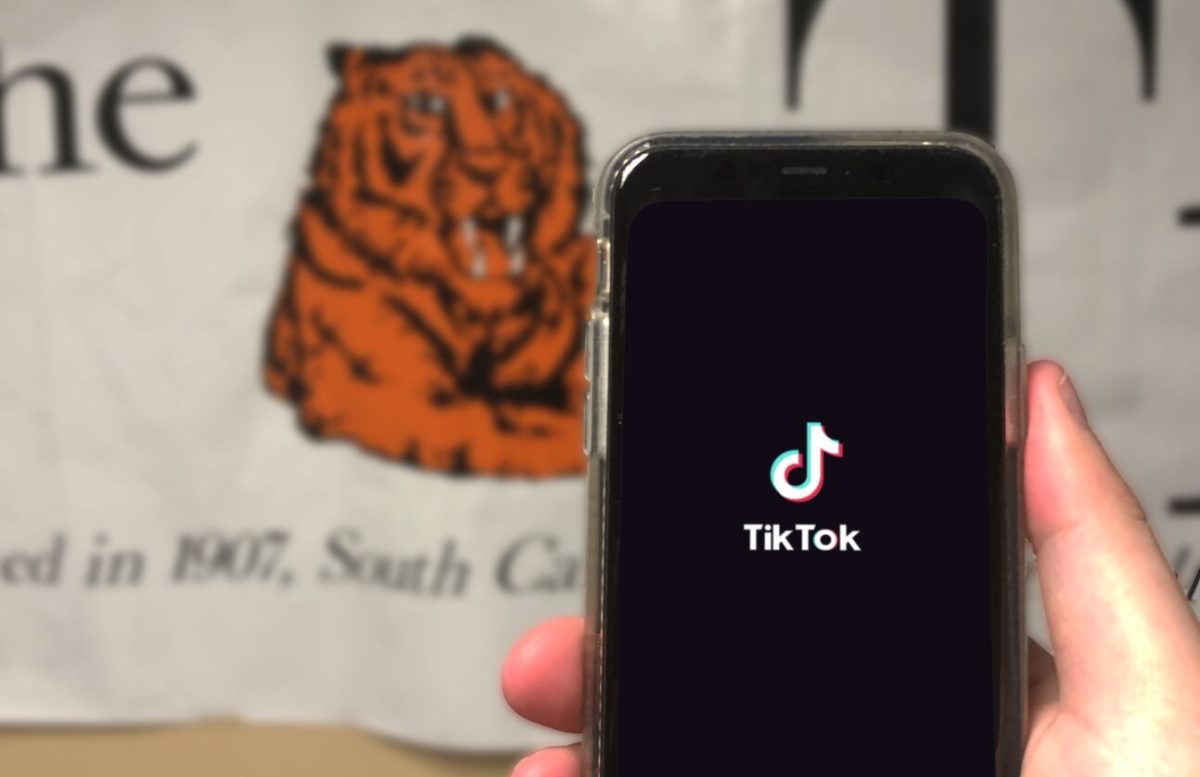Last fall Yik Yak was relaunched under new ownership and management after shutting down five years ago. Its anonymous format inspired cyber-bullying, hate speech and threats of violence.
Despite new leadership, critics say its format is encouraging hate speech and cyber-bullying despite new guard rails aimed at preventing it. The Clemson University Police Department (CUPD) is investigating several cases since the site reappeared, said Melissa Boggs, a CUPD detective.
Yik Yak allows students to post anonymously within a five-mile radius of their location, and became popular at Clemson and other schools throughout the country after two former Furman University fraternity brothers started the website in 2013. The website shut down amid controversy in 2017.
In one case, police charged a Clemson student with threatening black protestors at Sikes Hall and officials expelled him from the university.
Corey Cleek, a Nashville-based tech entrepreneur and Christian author, is the company’s new chief executive officer, according to his LinkedIn page. Under Cleek’s leadership, the platform says it is making more efforts to stop the kind of activities that brought down Yik Yak in the past.
“Yik Yak has not required a search warrant [for the new cases] they just cooperated,” said Boggs. “Anytime anything on social media comes to us we investigate as thoroughly and quickly as we can.”
Boggs said the new owners are committed to campus safety, but they understand it’s not possible to achieve the goal 100 percent. Many agree with that assessment.
“Although the social media platform now includes ‘community guardrails’ to address posts characterized as bullying or harassment, its users are still anonymous, which makes it ripe for abuse in the current polarized environment,” said Rhondda Robinson Thomas, the Clemson English department’s Calhoun Lemon Professor of literature.
Thomas documented accounts of Yik Yak’s previous threats against African American students at Clemson in her 2020 landmark book, “Call My Name, Clemson: Documenting the Black Experience in an American University Community.”
Despite the return of cyber-bullying, some Clemson students have not experienced it and enjoy using the site.
“I enjoy using Yik Yak,” said De’Anjanique President, a freshman biology major. “It provides an outlet for us students to connect with each other on such a big campus.” While she hasn’t had any issues with bullying and threats on the app, she thinks, “it’s important for students to feel safe online and offline.”
Tyler Droll and Stephen “Brooks” Buffington, the Furman students, received about $75 million in venture funding after starting Yik Yak in 2013, according to tech industry publications. Within a year, Yik Yak was valued at $400 million. However, controversy descended on the site’s anonymous format as cyber-bullying and threats escalated.
When the company collapsed in 2017, Droll and Buffington sold the app’s intellectual property rights to payment giant Square for a mere $1 million, according to Securities and Exchange Commission documents. Square then sold those rights to an anonymous buyer in February 2021.
In true Yik Yak fashion, its new owner has tried to remain anonymous, yet clues to ownership have emerged. Cleek is also cofounder and CEO of Uloop, another tech company specializing in online services for college students. At least two other executives at Uloop show up on trademark papers filed by Yik Yak, according to a Nov. 28, 2021 New York Observer article, suggesting a close relationship at minimum between the two firms.
Cleek is the editor of “Devotional Ventures: 60 Inspiring Devotions by Business Professionals for Business Professionals,” a 2007 book that asks the question, “What would Jesus do—on the job?” Cleek also is an adjunct professor of marketing at Vanderbilt University.
Cleek and other executives at Yik Yak and Uloop did not respond to messages requesting comment.




















